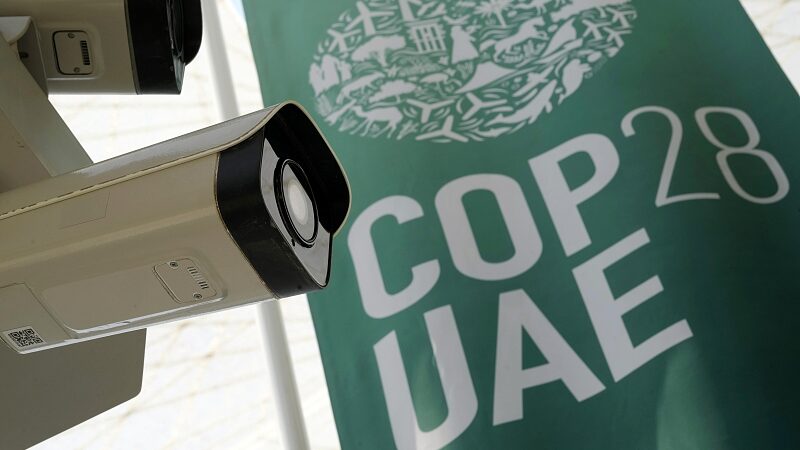This year's United Nations Climate Change Conference (COP28) in Dubai is set to be a pivotal moment for global climate action. Central to the discussions is the Loss and Damage Fund established at COP27, with governments aiming to finalize its operationalization and financing. Equally crucial is the first Global Stocktake (GST), which evaluates progress towards the 2015 Paris Agreement goals.
However, the preliminary GST report released in October has been underwhelming, and the latest World Energy Outlook from the International Energy Agency reveals that global carbon dioxide levels have not yet peaked. Achieving our climate targets now hinges on accelerating the clean-energy transition and drastically reducing greenhouse gas emissions. This ambitious agenda, however, is facing a massive obstacle: the widespread sovereign debt distress crippling the Global South.
The Debt Relief for a Green and Inclusive Recovery Project highlights a dire situation where 69 countries need immediate debt relief, with 61 of them carrying at least $812 billion in debt that requires restructuring. An IMF working paper underscores that only seven out of 29 low-income countries have the fiscal capacity to meet their adaptation needs and emission-reduction targets, also known as nationally determined contributions (NDCs). With debt-service costs projected to rise in 2024, many nations are forced to prioritize interest payments over essential sectors like health and education.
This persistent debt crisis hampers emerging-market and developing economies from investing in gender-sensitive, low-carbon development. Consequently, these countries become more vulnerable to climate shocks and fiscal instability, undermining the global goal of limiting warming to 1.5° Celsius.
To navigate the debt-climate nexus at COP28 and beyond, policymakers should focus on three main objectives:
- Inclusive Debt Restructuring: Reform the G20's Common Framework to include all climate-vulnerable countries, ensuring significant relief measures that boost economic growth and climate goals.
- Increased Concessional Finance: Address the rising interest rates and the urgent need for renewable energy deployment by providing more concessional funding.
- Expansion of Multilateral Development Banks (MDBs): Enhance the capacity and reach of MDBs to support sustainable development initiatives effectively.
By addressing these areas, the international community can bridge the financing gap and support the Global South in their fight against climate change, ensuring a more resilient and sustainable future for all. 🌱✨
Reference(s):
cgtn.com




